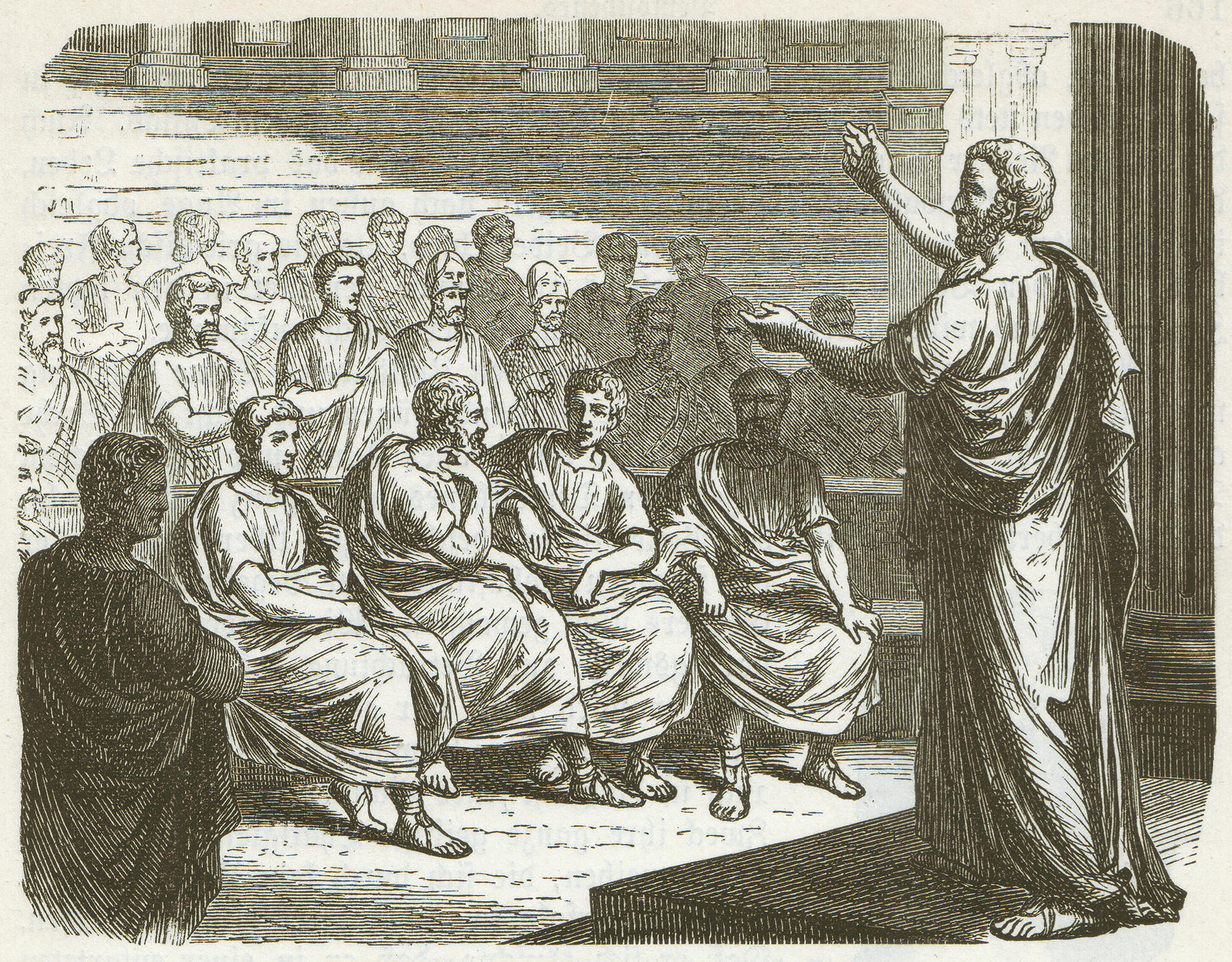EFSAS holds meetings with experts, diplomats and policy advisors on the sidelines of the 41st Session of the UNHRC
04-07-2019 and 05-07-2019
In the course of the 41st session of UN Human Rights Council in Geneva, a delegation of the European Foundation for South Asian Studies (EFSAS) consisting of Ms. Yoana Barakova and Ms. Veronica Ekelund (Research Analysts EFSAS) held meetings with Experts, Diplomats and Policy Advisors on the topics of terrorism and conflict management in South Asia. The main topics of discussion included the future of arms control and contemporary nuclear weapon issues, the nexus between organized crime and terrorism, the worrying phenomenon of child soldiers, and the importance of preventing radicalization and violent extremism amongst the youth in South Asia and Europe.
The first meeting was conducted at the Palais des Nations, United Nations Office in Geneva, where the EFSAS delegation met with Mr. Marc Finaud, the Head of Arms Proliferation at the Geneva Centre for Security Policy (GCSP), to discuss hazards stemming from expanding nuclear weapons capabilities in the South Asian region and its potential ramifications on Jammu & Kashmir and Indo-Pak relations. Mr. Finaud pointed out the continued reluctance of several Asian States to enter international arms control commitments; for instance, several of the region’s nuclear weapon-possessing states, including India and Pakistan, are not party to the Treaty on the Non-Proliferation of Nuclear Weapons (NPT). In a time where the possibility of eliminating nuclear weapons appears unlikely, it becomes imperative to address the broader security issues arising from the unwillingness of States to engage and participate in arms control measures. The meeting further addressed the motivations and implications of China’s role as the largest exporter of drones for military use. Given the strong likelihood of weapons winding up in the hands of non-authorized users, as has been the case in many legal contracts between States, Mr. Finaud concluded by underlining the necessity of improving enforcement mechanisms in the domain of the arms industry.

Ms. Yoana Barakova and Ms. Veronica Ekelund (both EFSAS) with Mr. Marc Finaud (GSCP)
The second meeting was also held at the UN Office in Geneva, where the EFSAS representatives met with H.E. Mr. Mohammed Mohsen Mohammed Askar, Minister for Human Rights of Yemen, in order to discuss the dire situation of human rights violations taking place in conflict-torn zones, such as the Middle East and South Asia. Mr. Askar raised the worrying issue vis-à-vis recruitment of child soldiers by terrorist groups occurring in his homeland. EFSAS further deliberated upon how in the region of South Asia, children have also often found themselves on the crossroads of inter-ethnic conflicts, terrorism, radicalization and extremist violence, easily becoming a target of terrorist extremist groups for the purposes of exploitation and forced recruitment as child soldiers.


Ms. Yoana Barakova and Ms. Veronica Ekelund (both EFSAS) with (L) Mr. Mohammed Mohsen Mohammed Askar (Minister of Human Rights in Yemen) and (R) Dr. Christina Schori Liang (GSCP)
EFSAS additionally conducted a meeting with Dr. Christina Schori Liang, the Head of Terrorism and Organized Crime at the GCSP, whose expertise lies in the prevention of radicalization and violent extremism, the impact of terrorism, and the nexus between terrorism and organized crime. During the very thought-provoking and vigorous discussion, Dr. Liang highlighted the role of recent technological improvements which are increasingly being deployed by various terrorist organizations such as the Islamic State (IS). A manifestation of this phenomenon is exemplified in IS’s mastering of various social media platforms, leading to the creation of a radicalized ‘social movement’ that targets vulnerable groups such as unemployed or marginalized youth. Another concern expressed by Dr. Liang lies in the possible forthcoming nexus between terrorist groups and organized crime, which could potentially give rise to the creation of so-called “E-Terrorist” whereby co-operation between the actors could result in deeply alarming outcomes, such as the rise of cyber-mercenaries.
Moreover, in relation to the China Pakistan Economic Corridor (CPEC), EFSAS and Dr. Liang deliberated over China’s increasing ‘smart power’ arising from its investments in countries which have been neglected by the international community. China’s growing influence should not be overlooked by other States as it is, at times, accompanied by the increasing facilitation of transnational crime and the ambiguities over the legality of Chinese financial interventions and economic initiatives.


